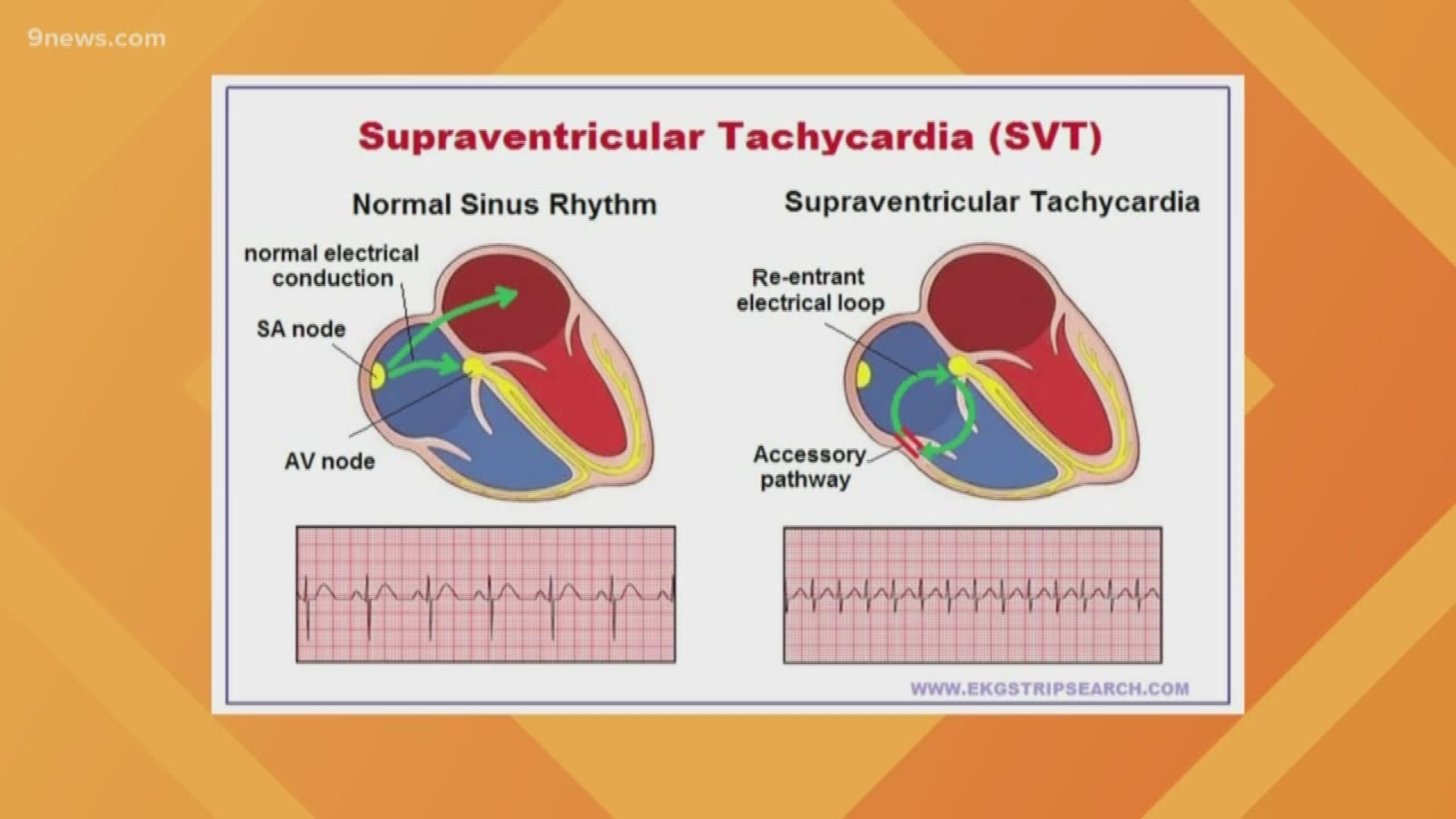Understanding SVT (Supraventricular Tachycardia) Treatment
Supraventricular Tachycardia, often abbreviated as SVT, is a heart condition characterized by a rapid heartbeat originating above the heart’s ventricles. This condition can lead to palpitations, dizziness, and even fainting episodes. If you’ve been diagnosed with SVT, it’s essential to understand the available treatment options to manage this condition effectively.

SVT Treatment Approaches
Lifestyle Modifications
Before exploring medical interventions, it’s crucial to make certain lifestyle changes that can help manage SVT symptoms:
Stress Management:
Stress can trigger SVT episodes. Engage in stress-reduction techniques like yoga, meditation, or deep breathing exercises.
Caffeine and Alcohol Reduction:
Both caffeine and alcohol can exacerbate SVT. Reducing or eliminating them from your diet may help.
Regular Exercise:
Maintaining a healthy weight and regular physical activity can improve heart health.
Medications
In some cases, lifestyle changes alone may not be sufficient. Your healthcare provider may prescribe medications to control SVT:
Beta-Blockers:
These drugs slow down your heart rate, making SVT episodes less frequent.
Calcium Channel Blockers:
These medications relax the heart muscle and can be effective in managing SVT.
Anti-Arrhythmic Drugs:
These are used when other medications aren’t effective in controlling SVT.
Catheter Ablation
Catheter ablation is a procedure performed by an electrophysiologist. During this minimally invasive procedure, a catheter is inserted into the heart to destroy the abnormal tissue causing SVT. It’s considered a highly effective treatment option for many patients.
Natural Remedies
In addition to medical treatments, some individuals explore natural remedies such as:
Acupuncture:
Some find relief from SVT symptoms through acupuncture.
Herbal Supplements:
Consult with your healthcare provider before using herbal supplements, as they can interact with medications.
Homeopathy:
A homeopathic practitioner may suggest remedies to alleviate SVT symptoms.
Frequently Asked Questions about SVT Treatment
1. What is SVT, and how is it treated?
SVT, or Supraventricular Tachycardia, is a heart condition characterized by rapid heartbeats. Treatment options include lifestyle changes, medications, and catheter ablation.
2. What lifestyle changes can help manage SVT?
Lifestyle modifications include stress management, reducing caffeine and alcohol intake, and regular exercise to improve heart health.
3. What medications are used to treat SVT?
Medications like beta-blockers, calcium channel blockers, and anti-arrhythmic drugs can help control SVT symptoms.
4. What is catheter ablation, and how effective is it for SVT?
Catheter ablation is a minimally invasive procedure performed by an electrophysiologist to destroy abnormal heart tissue causing SVT. It is highly effective for many patients.
5. Are there natural remedies for SVT?
Some individuals explore acupuncture, herbal supplements, and homeopathy to manage SVT symptoms, but consult with a healthcare provider before using these approaches.
6. Is SVT a life-threatening condition?
SVT is generally not life-threatening, but it can cause discomfort and affect your quality of life. Proper management is crucial.
7. Can stress trigger SVT episodes?
Yes, stress is a common trigger for SVT episodes. Stress-reduction techniques like meditation can be helpful.
8. Are there any dietary restrictions for SVT patients?
SVT patients may benefit from reducing or eliminating caffeine and alcohol from their diets, as these substances can exacerbate symptoms.
9. Is SVT more common in certain age groups?
SVT can occur at any age but is often diagnosed in young adults. It can affect individuals of all age groups.
10. Should I seek medical attention for SVT, even if it seems infrequent?
Yes, it’s essential to consult with a healthcare provider if you suspect you have SVT. They can provide a proper diagnosis and recommend the most suitable treatment.
Conclusion
Living with SVT can be challenging, but with the right approach to treatment and lifestyle adjustments, you can manage this condition effectively. Always consult with your healthcare provider to determine the most suitable treatment plan for your unique situation.




